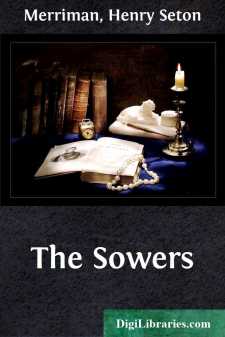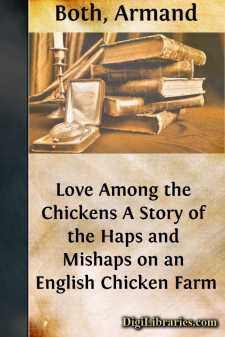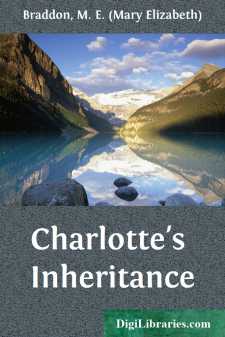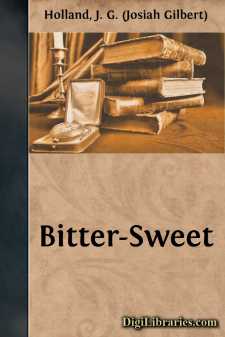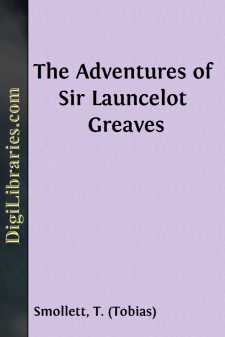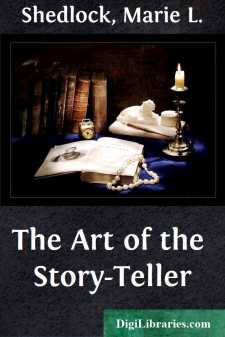Fiction
- Action & Adventure 180
- Biographical 15
- Christian 59
- Classics
- Coming of Age 5
- Contemporary Women 3
- Erotica 8
- Espionage/Intrigue 12
- Fairy Tales, Folklore & Mythology 236
- Family Life 169
- Fantasy 117
- Gay 1
- General 596
- Ghost 32
- Historical 808
- Horror 43
- Humorous 160
- Jewish 25
- Legal 4
- Medical 22
- Mystery & Detective 315
- Political 49
- Psychological 41
- Religious 64
- Romance 159
- Sagas 11
- Science Fiction 730
- Sea Stories 113
- Short Stories (single author) 537
- Sports 10
- Suspense 1
- Technological 8
- Thrillers 2
- Urban Life 31
- Visionary & Metaphysical 1
- War & Military 173
- Westerns 199
Classics Books
Sort by:
SLICK'S LETTER. [After these sketches had gone through the press, and were ready for the binder, we sent Mr. Slick a copy; and shortly afterwards received from him the following letter, which characteristic communication we give entire—EDITOR.] To MR. HOWE, SIR.—I received your letter, and note its contents; I aint over half pleased, I tell you; I think I have been used scandalous, that's...
more...
CHAPTER I A WAIF ON THE STEPPE "In this country charity covers no sins!" The speaker finished his remark with a short laugh. He was a big, stout man; his name was Karl Steinmetz, and it is a name well known in the Government of Tver to this day. He spoke jerkily, as stout men do when they ride, and when he had laughed his good-natured, half-cynical laugh, he closed his lips beneath a huge gray...
more...
by:
Armand Both
r. Jeremy Garnet stood with his back to the empty grate—for the time was summer—watching with a jaundiced eye the removal of his breakfast things. "Mrs. Medley," he said. "Sir?" "Would it bore you if I became auto-biographical?" "Sir?" "Never mind. I merely wish to sketch for your benefit a portion of my life's history. At eleven o'clock last night I...
more...
CHAPTER I SALEM AND THE HATHORNES: 1630-1800 The three earliest settlements on the New England coast were Plymouth, Boston, and Salem; but Boston soon proved its superior advantages to the two others, not only from its more capacious harbor, but also from the convenient waterway which the Charles River afforded to the interior of the Colony. We find that a number of English families, and among them the...
more...
CHAPTER I. LENOBLE OF BEAUBOCAGE. In the days when the Bourbon reigned over Gaul, before the "simple, sensuous, passionate" verse of Alfred de Musset had succeeded the débonnaire Muse of Béranger in the affections of young France,—in days when the site of the Trocadero was a remote and undiscovered country, and the word "exposition" unknown in the Academic dictionary, and the Gallic...
more...
PICTURE. Winter's wild birthnight! In the fretful East The uneasy wind moans with its sense of cold, And sends its sighs through gloomy mountain gorge, Along the valley, up the whitening hill, To tease the sighing spirits of the pines, And waste in dismal woods their chilly life. The sky is dark, and on the huddled leaves— The restless, rustling leaves—sifts down its...
more...
INTRODUCTION It was on the great northern road from York to London, about the beginning of the month of October, and the hour of eight in the evening, that four travellers were, by a violent shower of rain, driven for shelter into a little public-house on the side of the highway, distinguished by a sign which was said to exhibit the figure of a black lion. The kitchen, in which they assembled, was the...
more...
Story-telling is almost the oldest art in the world—the first conscious form of literary communication. In the East it still survives, and it is not an uncommon thing to see a crowd at a street corner held by the simple narration of a story. There are signs in the West of a growing interest in this ancient art, and we may yet live to see the renaissance of the troubadours and the minstrels whose...
more...
by:
George T. Ashley
INTRODUCTION When the traveller, bent on some important quest, makes a prolonged and perilous journey and returns in safety to his friends and neighbors, instinctively those who have known him in former years realize that he is, and he is not, the same person who had dwelt among them. He has seen unfamiliar peoples, traversed strange lands, encountered unexpected dangers. Old prepossessions have been...
more...
by:
Nathan Banks
The following new species were found in the course of an examination of material in the American Museum of Natural History collected by Dr. F. E. Lutz and Mr. Charles W. Leng in Cuba and by Dr. Lutz in Porto Rico. The types are in that institution. Mecolœsthus signatus n. sp. Cephalothorax pale, with black median mark, wider at head; sternum reddish or yellowish. Abdomen pale, with a black median...
more...



